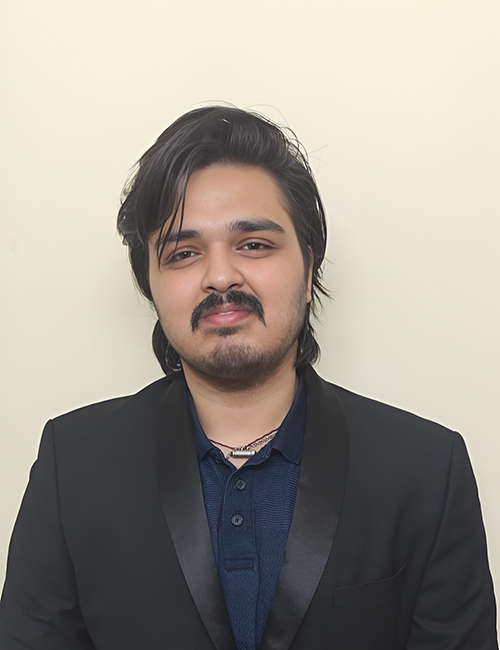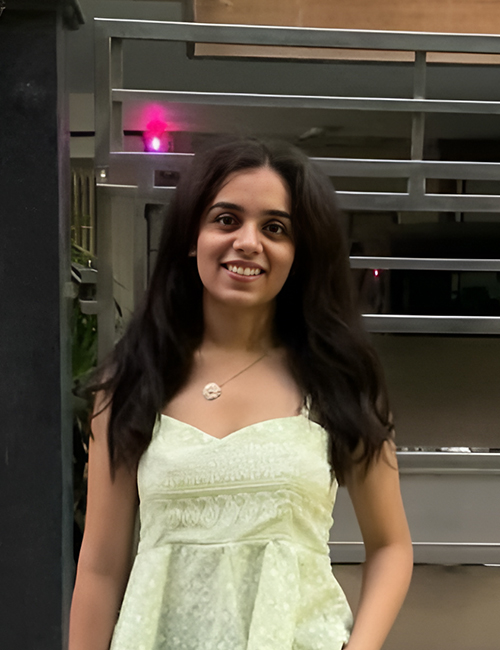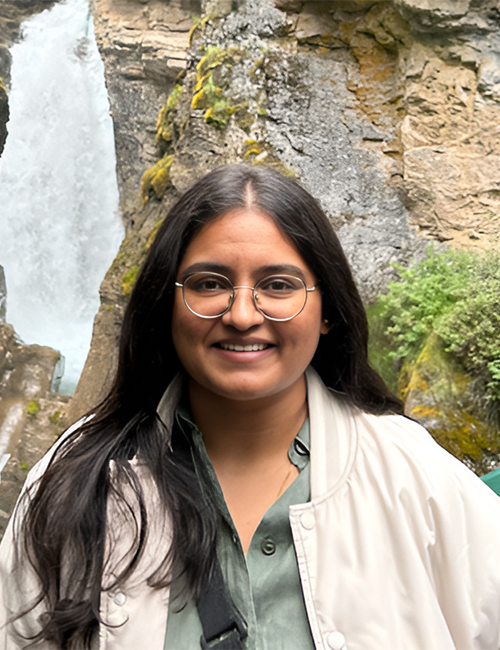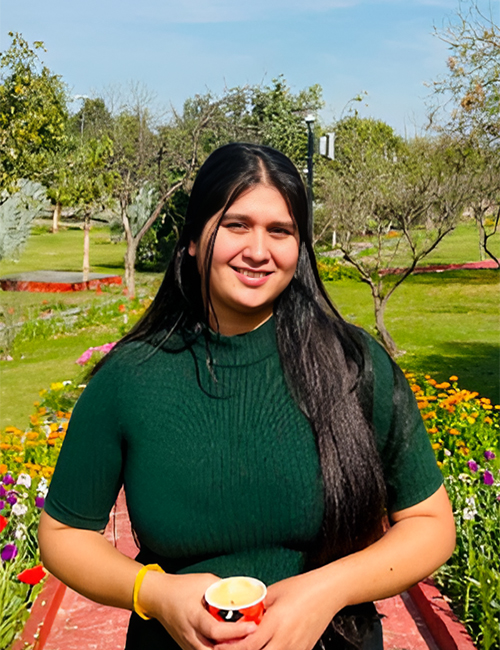.jpg)
Centre for Humanitarian Studies (CHS) is an interdisciplinary center dedicated to pursuing knowledge in humanitarian studies using evidence-based and participatory approaches to conflict research and humanitarianism. CHS aims to
To this end, the Centre seeks to cultivate an extensive network of individuals, among academics and partners in the field across various schools in OP Jindal Global University, primarily from the Jindal School of Public Health, the Jindal School of International Affairs, and the Jindal Institute of Behavioural Sciences, and potentially to be extended to the Jindal School of Journalism and Communication and the Jindal School of Government and Public Policy.
Centre Chair:Dr Sneha Krishnan Link to profile https://jgu.edu.in/jsph/faculty/prof-dr-sneha-krishnan
Dr Sweta Sen,Assistant Professor, Jindal School of International Affairs Link profile - https://jgu.edu.in/jsia/faculty/dr-sweta-sen
Hanan ZaffarAssistant Professor, Jindal Institute of Behavioural Sciences
Aarti DuhanAssistant Manager, Office of Career Services, JG
2024-2025 |
|
 |
Aavardhan
Batch 2022-2025, Final Year, B.A.(Hons.) Psychology and Counselling Title: A systematic review on mental-health impacts of conflict-induced displacement on children Testimonial: “Working on the systematic review of the mental health impacts of conflict-induced displacement on children has been a deeply enriching experience. It allowed me to analyse the unique challenges faced by displaced children and explore how evidence-based interventions can protect and promote their mental well-being. This work has strengthened my resolve to address global mental health disparities and support vulnerable populations through targeted, research-driven strategies” |
 |
Bhaskar Jha
Batch, Year and Programme: B.A.(Hons.) Political Science, 2022 Title: Indigenous peace-making in Northeast India Testimonial: “During my internship with CHS, I supported research on the Informal Women peace building groups active in Nagaland I learnt how to gather data from news pieces. I learnt how these Informal women piece building groups have been connecting and acting as a voice for the common women in these areas. Through this experience, I was able to enhance my knowledge about the struggles in the Northeastern India, and I am also determined to analyse the intricacies and find solutions for the same in the future.” |
 |
Manya Sachdeva
2023-25, Masters in Public Health, 2nd Year Testimonial: “Working on this project was an incredible experience, shedding light on an issue that is rarely discussed—especially from a public health and women-centric perspective. The data was fascinating, offering deep insights into the intersection of healthcare and conflict. My mentors, Professor Sneha Krishnan and Professor Sweta, played a crucial role in guiding me, pushing me beyond my limits to critically analyze and brainstorm every aspect of the topic.” |
 |
Sai Pravallika Dhaksharaju. Master’s in Public Health, 2024-2026. Title: “Women, Conflict and Healthcare: Access, Negotiation and Agency in the Indo-Myanmar Borderland: Report on forcibly displaced populations in Mizoram.” Testimonial: My primary role involved conducting quantitative analysis to examine key challenges faced by Burmese refugees and internally displaced persons from Manipur. I reported findings on maternal and child health, water, sanitation and hygiene (WASH) and access to primary healthcare. Currently, I am exploring healthcare affordability for refugee populations in Delhi, the challenges in accessing healthcare services, and out-of-pocket expenditure incurred. Additionally, I am interested in examining the complex therapeutic landscape where biomedicine and complementary/alternative medicine shape population health-seeking behaviour. |
2023-2024 |
|
 |
Aarti Duhan Conflict Mapping, Assistant Manager, Office of Career Services Title: Women, Conflict, and Healthcare: Access, Negotiation, and Agency in the Indo-Myanmar Borderlands Testimonial: "Working on this project deepened my understanding of the intersection between conflict, gender, and healthcare. Tracking and categorizing real-time conflict data provided critical insights into systemic challenges women face in accessing healthcare during crises. The experience strengthened my research skills and reinforced my commitment to advocating for gender-sensitive health policies in conflict zones. My mentors played a pivotal role in shaping my approach, pushing me to critically analyze and contextualize my findings in broader policy discussions." |
Ongoing projects
Outreach, Engagement and Training Opportunities
Student Internships: 2 internships every year for JSPH and JSIA students undertaking specializations in humanitarian-related subjects.
Seminars: 2 regular seminars semester on current and ongoing crises.
Interdisciplinary learning workshops with different stakeholders.
Fortnightly media columns and monthly longform pieces reputed international media organizations.